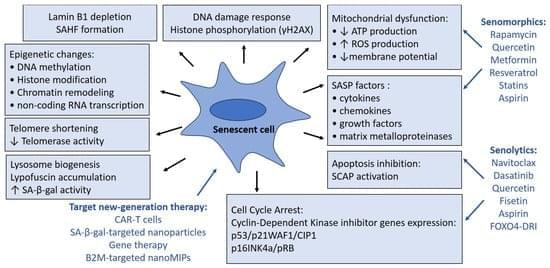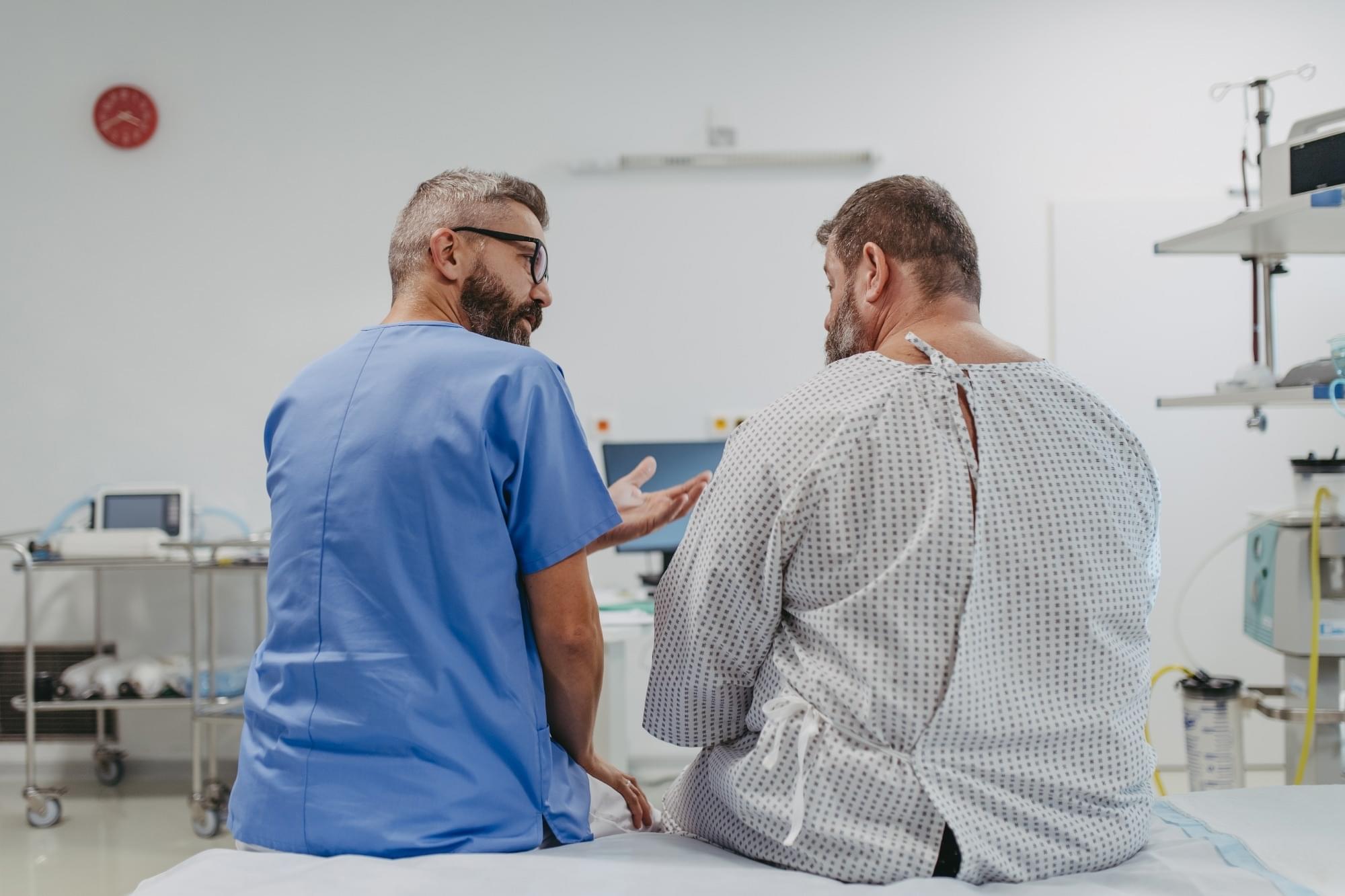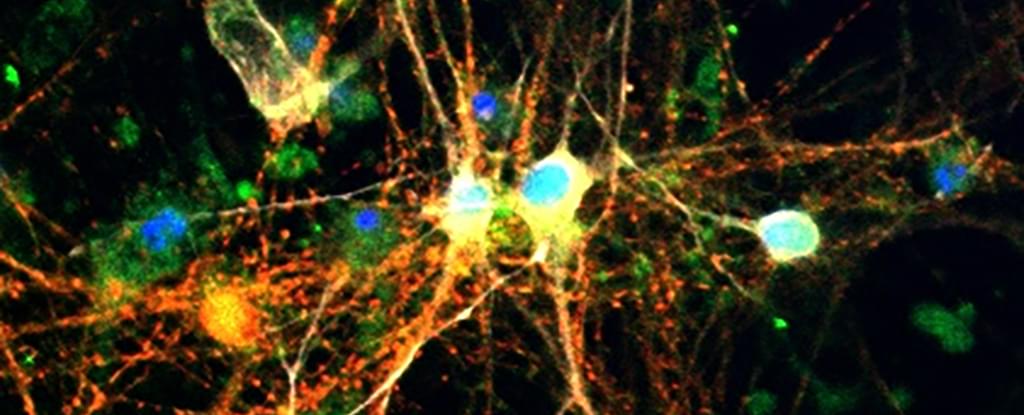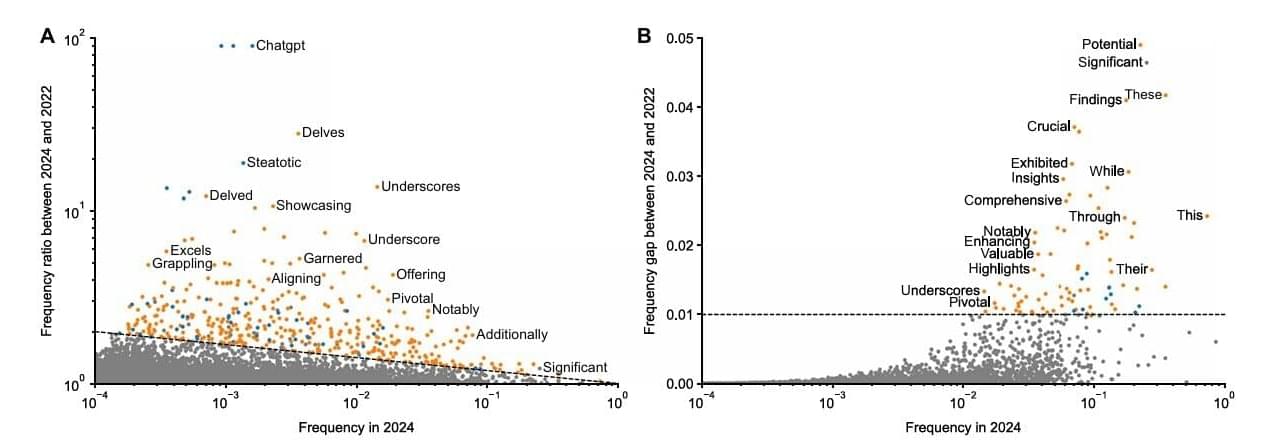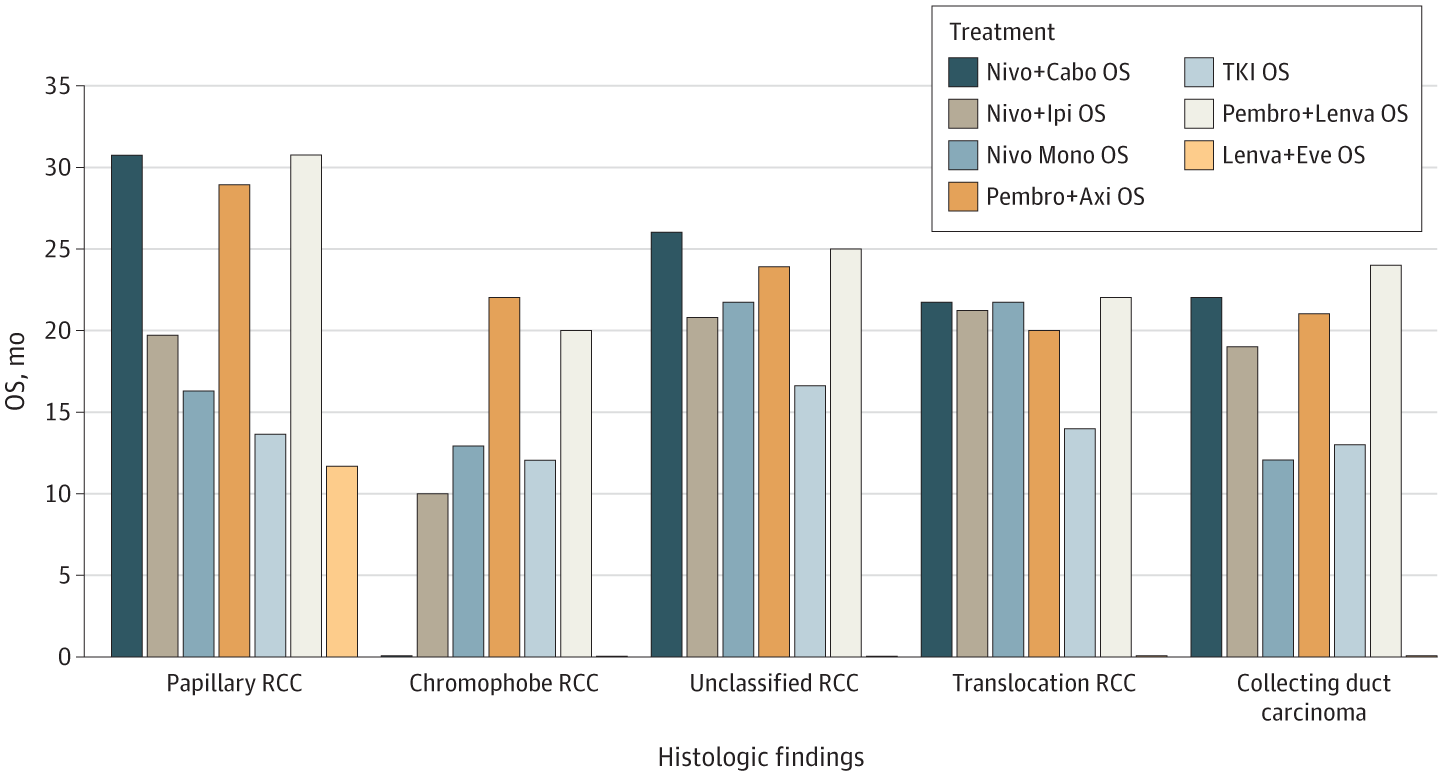Cellular senescence is a key mechanism of aging. Senescent cells negatively affect the function of tissues and organs, significantly contributimg to the aging of the organism. Functional and structural characteristics of senescent cells, such as genomic changes and cell cycle arrest, lysosome and mitochondrial dysfunction, and production of SASP factors, are promising therapeutic targets in the context of healthy longevity. The present review was designed to characterize the features of senescent cells in order to discuss current methods and problems of geroprotective therapy and perspective factors for the development of new strategies of anti-aging treatment. Publications were searched based on the analysis of articles containing the keywords “senescent cells, aging, senolytic therapy, SASP, mitochondrial dysfunction” in the PubMed and Scopus databases up to March 2025.
